There has been a fundamental change with the way our relationship with the EU works… it was called Brexit and is now governed by the Trade and Cooperation agreement just hours before the end of 2020. However it’s still a surprise to many, who having been used to totally free trade and no customs checks or tariffs, are now surprised and bemused that checks and tariffs are being imposed. That’s why our webinar at 11am today with GFS will examine the post Brexit shipping consumer view.
What is the post Brexit shipping consumer view? Well a quick search of Facebook found plenty of complaints and this post summed up the surprise that was shown at a consumer copping a tariff charge on the doorstep.
So I sent a book to Netherlands. Value £30 , postage was almost £20…now the receiver has been told he has to pay £16…
Posted by The Shore Restaurant on Thursday, 18 March 2021
The mistaken assumption was that the carrier should be taking care of customs charges! The reality of course is that not only will tariffs be imposed, but carriers will generally add on an additional collection fee to cover their administration costs for collecting the tariffs.
Not only are there charges, but incorrect or incomplete paperwork are also causing delays, leading to unhappy customers and additional costs from customer service queries and the sheer amount of time it takes to correct paperwork post shipment. Even if there are now tariffs to pay, you still have to complete the customs declarations and any errors on outbound or returns shipments will cause delays.
How to make delivery and returns to the EU friction-free
 Join our webinar this Tuesday, the 23rd of March, and our guests GFS will walk through the shopping journey from the post Brexit shipping consumer view and also demonstrate the absolute best practices at all stages of the journey to eliminate nasty surprises for the consumer and save your reputation as a seller. Learn how to avoid a worst case return with associated costs when a consumer refuses to pay charges, or the even worse than worst case when it’s simply uneconomical to have the package returned and it’s simply marooned and eventually destroyed.
Join our webinar this Tuesday, the 23rd of March, and our guests GFS will walk through the shopping journey from the post Brexit shipping consumer view and also demonstrate the absolute best practices at all stages of the journey to eliminate nasty surprises for the consumer and save your reputation as a seller. Learn how to avoid a worst case return with associated costs when a consumer refuses to pay charges, or the even worse than worst case when it’s simply uneconomical to have the package returned and it’s simply marooned and eventually destroyed.
GFS will walk through the three that make up their GFS ‘Brexit software bundle’ – GFS Checkout with Duties and Tax calculator with GFS Selector and GFS Global Returns Pro to generate paperless customs declarations required with both outbound and inbound shipping. You’ll learn at best how to collect duties and taxes at the point of purchase or second best to at least display them to the consumer so they are not surprised when their parcel turns up with a demand for additional payment. You’ll learn how complete and accurate paperwork you can deliver seamless post brexit shipping and avoid bad customer experiences.
Sign up now to reserve your place and then sit back with a cup of tea at the ready at 11am today, Tuesday 23rd March, to watch the webinar live.

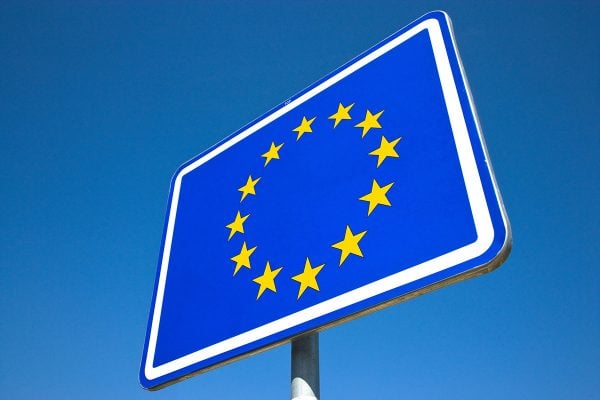

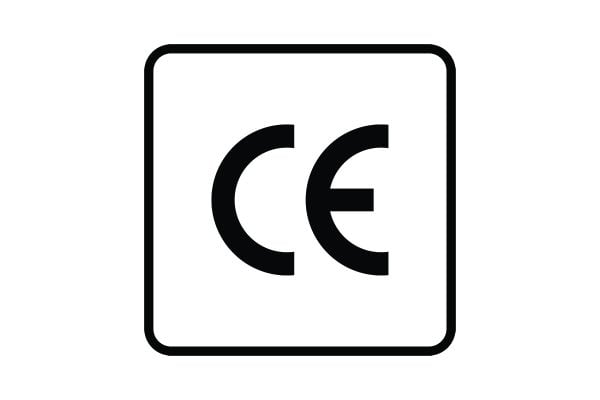
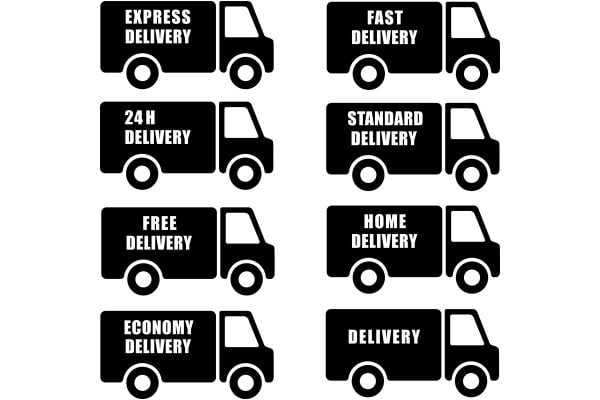

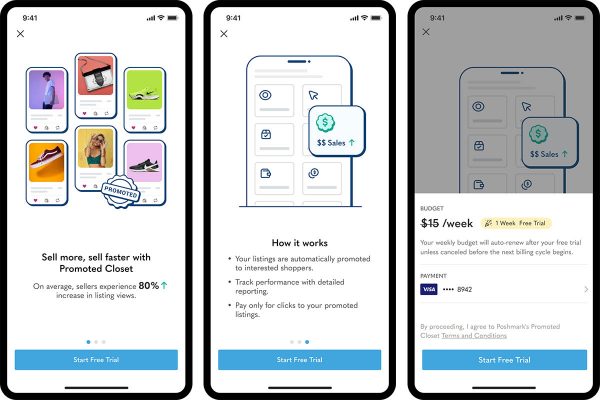

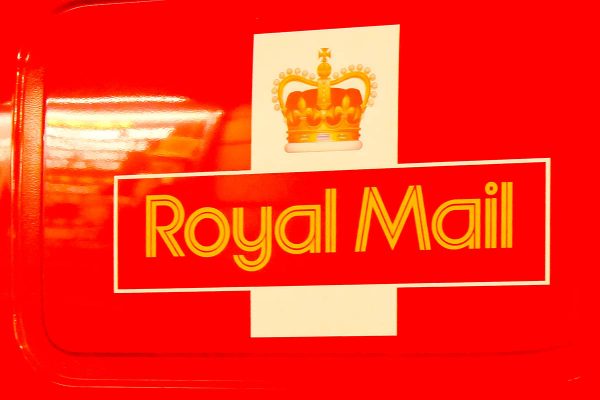

8 Responses
On July 1st, the duty grace-period runs out and ALL parcels will have to pay duty, not only those above 135€.
I’m pretty sure you have that wrong, but I can’t find the link to definitely rule it out.
As far as I can see from the One Stop Shop info, the only change will be the €22 threshold will no longer be in place, but duty will still only apply to over €150.
sorry paul
duty is still due on under £150
just different method of collection
Do you mean VAT?
VAT only will be due for parcels under €150, as now. For parcels over this value VAT and duty will be due, as now.
The only difference is that ALL parcels under €150 will be subject to VAT and not just those over €22.
https://ec.europa.eu/taxation_customs/business/vat/modernising-vat-cross-border-ecommerce_en
I suspect that you are confusing VAT with “DUTY” which are two different things.
too right were confused
as is most of the UK
I agree the general public doesn’t seem to understand that ‘import VAT’ is just the VAT they/we would have paid to HMRC or an EU member state, etc but duty is definitely only for orders over €150. For a business that sells internationally (outside the EU) historically, it’s not that much of an adjustment really. It’s now just the same as sending to US, Canada, Australia etc.
There has been some terrible reporting (even the BBC) about ‘extra charges’ when the reality is for a small order – the only extra charge is the handling fee, which I agree – is scandalously high in some countries/couriers. Which is why DDP is the way forward.
I run an e-commerce platform and we have had to stop export sales to the EU.
If you are VAT registered you can zero-rate your invoices to help with some of the costs to the buyer. However, if you are not VAt registered then it’s very difficult. However, you can’t even let your customers know how much the import charge will be.